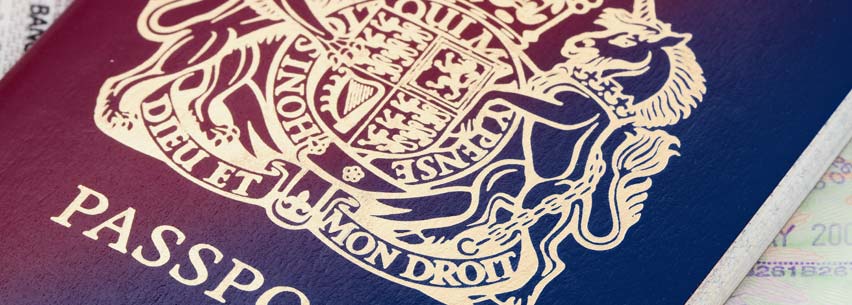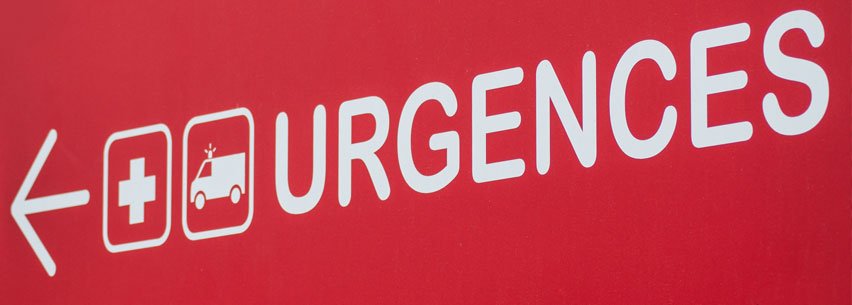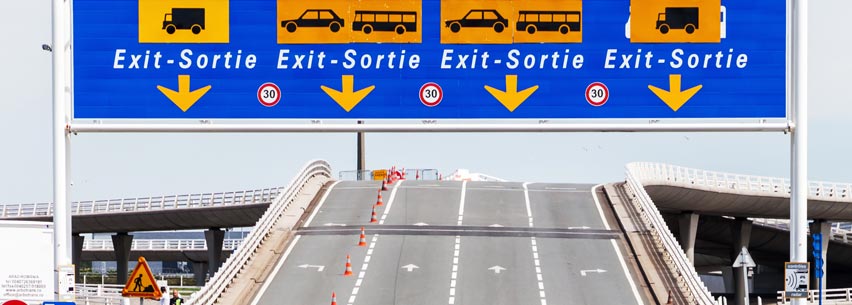Many aspects of our lives will be affected when Britain leaves the EU, with or without a deal. In our Consumer Guide to Brexit, Anna Tobin outlines the key areas where its impact will be felt and explains what action you may need to take as a result.
UK passport after Brexit
Your current UK passport will still be valid in the EU after Brexit, in whatever form it takes, providing it has at least six months left before expiry from your date of arrival.
It gets complicated if you renewed your current passport before it expired. In this instance, extra months may have been added to your new passport’s expiry date. Any extra months on your passport, over the standard ten-year validity, may not count towards the six months that should be remaining for travel to most countries in Europe. In this case, double check your passport’s validity before you travel.
You can read the official UK government advice on travel to the EU after 31 December 2020 by clicking here.
Travel visa after Brexit
It is expected that the EU will continue to allow UK citizens to travel for up to three months throughout Europe without having to obtain a visa, even in the event of a no-deal Brexit. Britain is expected to reciprocate this policy.
From 2021, UK citizens will, however, have to complete an online European Travel Information and Authorisation System (ETIAS) form and pay the €7 fee for this. This electronic visa waiver scheme is similar to the US ESTA and it remains valid for three years.
Pet passport after Brexit
In the event of a no-deal Brexit, current pet passports will no longer be valid for travel to Europe. Pets will still be able to travel to Europe, but the process will be more complicated.
Further details of what is required can be found here
European Health Insurance Card (EHIC) after Brexit
The European Health Insurance Card or EHIC allows anyone from an EU country the right to access state-provided healthcare during a temporary stay in another European Economic Area (EEA) country or Switzerland. EEA countries include all the EU countries plus Iceland, Liechtenstein, and Norway. It covers all treatment that is medically necessary until your planned return home. Treatment is provided on the same basis as it would to a resident of that country, either at a reduced cost or, in many cases, free of charge.
Although the Government is trying to do some reciprocal agreements with the individual EEA countries, as things stand, if we leave the EU without a deal, UK citizens will no longer be able to use their EHIC cards.
Although it was always recommended to have travel insurance alongside your EHIC card, in the event of a no-deal Brexit it will be vital that you are covered by a comprehensive travel insurance policy that includes healthcare when travelling around Europe.
The same applies to UK residents who are living in Europe. Your EHIC cards will no longer be valid and you should take out a comprehensive health insurance policy to cover all your health needs.
Flying after Brexit
The UK Government has still to confirm that there will be no restrictions on flights flying direct from the UK to a European destination and vice versa.
A no-deal Brexit will end what is called cabotage, however. Cabotage allows planes to fly from say London to Paris and then on to Berlin and Zurich, before flying back to London. UK-registered airlines will no longer be able to do this if we leave the EU without a deal. The same rule will also apply to EU registered airlines; they will no longer be able to fly between destinations in the UK, from Manchester to London, for example.
This may cause disruptions to airline timetables, so after Brexit double check your flight timings with your airline before you leave home.
Some airlines are also writing Brexit disruption clauses into their sale agreements. In these cases, if your flight is cancelled because of what is deemed to be a Brexit-related problem that is outside of the airline’s control, you may also not be eligible for compensation.
Travel insurance
Brexit-related issues such as travel delays may not be covered by your travel insurance policy.
Check what is and what isn’t covered and shop around for the best cover before you buy.
Driving in Europe
If you’re driving your own car from the UK to somewhere in the EU or the European Economic Area (Iceland, Liechtenstein and Norway) or if you’re planning to hire a car when you reach Europe or Iceland, Liechtenstein or Norway, in a no-deal Brexit, with the exception of Ireland, your UK driving licence will no longer be all you need for permission to drive in these areas. In addition to a full UK driving licence, you will also need an international driving permit (IDP) to drive in the EU and EEA.
To make things even more complicated, you may need more than one IDP. There are three different types of IDP. These are the 1949 Convention IDP; the 1968 Convention IDP; and the 1926 Convention IDP.
- To drive in Iceland, Spain, Malta and Cyprus you will need the 1949 Convention IDP
- To drive in Liechtenstein you will need the 1926 Convention IDP
- To drive in all other EU countries, plus Norway and Switzerland you will need the 1968 Convention IDP
- You can obtain these IDPs over the counter from most Post Offices. Each IDP costs £5.50.
If you are a UK driving licence holder living in the EU, you have until 31 December 2020 to exchange your UK licence for a local EU driving licence.
After this point in the event of a no-deal Brexit, you may have to pass a driving test in the EU country you’re living in to be able to continue driving there. You will still be able to drive on your EU licence when visiting the UK.
Car insurance
In the event of a no-deal Brexit, UK motorists driving a UK-registered vehicle will need to carry a Green Card as proof of third-party motor insurance cover when driving in the EU, EEA, Andorra, Serbia and Switzerland. Your insurance provider should provide this without charge, but they may increase their admin fees as a result.
Without a Green Card, you would have to purchase local insurance in the country you are entering, but this may be hard to obtain, so it’s best to apply for a Green Card before you travel.
Mobile phone roaming
EU roaming regulation means that you can use your mobile devices to make calls, send texts and use mobile data services for no more than you would be charged when in the UK. In the event of a no-deal Brexit, surcharge-free roaming will no longer be guaranteed.
Check the roaming policies of your mobile operator before you go travel.
Living in Europe
If you live in Europe, in the event of a no-deal Brexit your EHIC card will no longer cover you for healthcare in your resident country and you may have to retake your driving test in your resident country as UK driving licences will no longer be recognised. Each EU and EEA country will have specific actions for UK citizens based there to take.
Please see the guide for your country here
Buying property in Europe
If you’re thinking of buying a timeshare or a property in Europe after Brexit, the rules and regulations governing this transaction could change, particularly in the event of a no-deal Brexit and these changes will be country specific.
You should take legal advice and ask for guidance on how Brexit will impact on your purchase before handing over any money or signing any contracts.
Studying in Europe
Students who have won a place on the Erasmus+ scheme or who are already studying in Europe on it will be able to continue to participate in the EU funding programme for education, youth, training and sport until the end of December 2020.
















